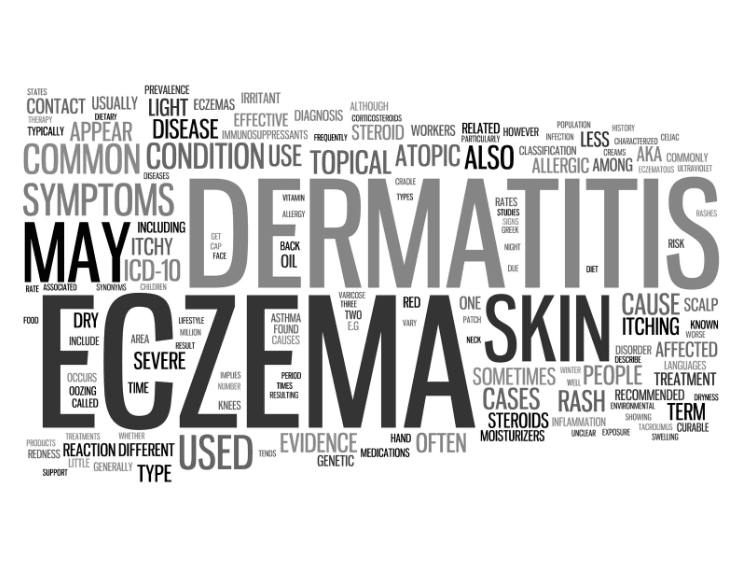Eczema and rosacea are two skin conditions that affect millions of people worldwide. Both conditions can cause discomfort, embarrassment, and frustration for those who suffer from them. Effective management and treatment are crucial for those living with eczema and rosacea. In this blog, we will explore the causes, symptoms, and triggers of these skin conditions. We will also discuss medical treatment options, management techniques, and prevention techniques. Finally, we will explore the role of mental health in managing eczema and rosacea.

Understanding Eczema and Rosacea
Eczema, also known as atopic dermatitis, is a chronic condition that causes red, itchy, and inflamed skin. Eczema can occur anywhere on the body and is often accompanied by dry, scaly skin. The exact cause of eczema is unknown, but genetics, immune system dysfunction, and environmental factors may contribute to its development.
Rosacea is a chronic inflammatory skin condition that primarily affects the face. It is characterized by redness, flushing, and bumps on the skin. Rosacea can also cause burning and stinging sensations on the affected areas. The exact cause of rosacea is unknown, but it is believed to be related to genetic and environmental factors.
Medical Treatment Options for Eczema and Rosacea
There are several medical treatment options available for eczema and rosacea. Topical medications such as corticosteroids and calcineurin inhibitors can help reduce inflammation and itchiness. Oral medications such as antibiotics and immunosuppressants can also be used to treat both conditions. Light therapy, also known as phototherapy, involves exposing the skin to ultraviolet light to reduce inflammation and itchiness. Alternative therapies such as acupuncture and herbal remedies may also be effective in treating eczema and rosacea.
Management Techniques for Eczema and Rosacea
Identifying triggers and avoiding them is a crucial aspect of managing eczema and rosacea. Common triggers for eczema include stress, dry skin, irritants, and allergens. Rosacea triggers may include sun exposure, alcohol, spicy foods, and hot beverages. Establishing a skincare routine and using products specifically formulated for sensitive skin can help manage symptoms. Lifestyle changes such as reducing stress and avoiding triggers can also be effective in managing symptoms.
Prevention Techniques for Eczema and Rosacea
Preventing flare-ups is an important aspect of managing eczema and rosacea. Skin care tips to prevent flare-ups include using fragrance-free products, avoiding hot water, and moisturizing regularly. Diet and nutrition tips to prevent flare-ups include avoiding trigger foods, staying hydrated, and eating a balanced diet. Environmental factors such as temperature and humidity can also impact eczema and rosacea symptoms.
The Role of Mental Health in Managing Eczema and Rosacea
Stress is a common trigger for both eczema and rosacea. Stress management techniques such as exercise, meditation, and deep breathing can be effective in reducing stress levels. Mindfulness practices such as yoga and tai chi can also be beneficial in managing symptoms. Seeking support from friends, family, or a mental health professional can also be helpful in managing stress and improving overall mental health.
Conclusion
In conclusion, effective management and treatment are crucial for those living with eczema and rosacea. Medical treatment options, management techniques, prevention techniques, and stress management techniques can all be effective in managing symptoms. It is important to seek medical help if necessary and to establish a skincare routine that works for you. By taking proactive steps to manage eczema and rosacea, individuals can improve their quality of life and reduce the impact of these conditions on their daily lives.

